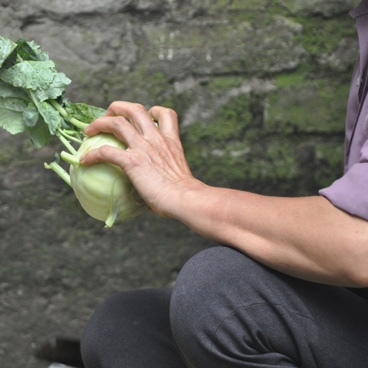This paper offers a historical analysis of contemporary practices of shopping for vegetables in the highly dynamic context of urban Hanoi during the period from 1975 to 2014. Focusing on everyday shopping practices from a food safety perspective, we assess the extent to which the policy-enforced process of supermarketization has proven to be an engine of change in daily vegetable purchasing while improving food safety.
In depicting transitions in shopping practices, we combine a social practices approach with historical analysis. Providing a historical analysis of a broad and complex spectrum of everyday practices of purchasing fresh vegetables, we identify the key drivers of change. We discuss different modalities of shopping and demonstrate that no single retail modernization format can be said to exist. Rather than contrasting an idealized supermarket model with the traditional modalities of food shopping, we offer a varied, more diverse set of shopping practices that displays different strategies for coping with food safety issues. When discussed from a historical perspective, food practices are shown to be highly dynamic, being constantly reinvented and reconfigured by consumers who use their established skills, routines, and social networks to sometimes resist top-down enforced supermarketization while developing the coping strategies that best suit their local circumstances.


